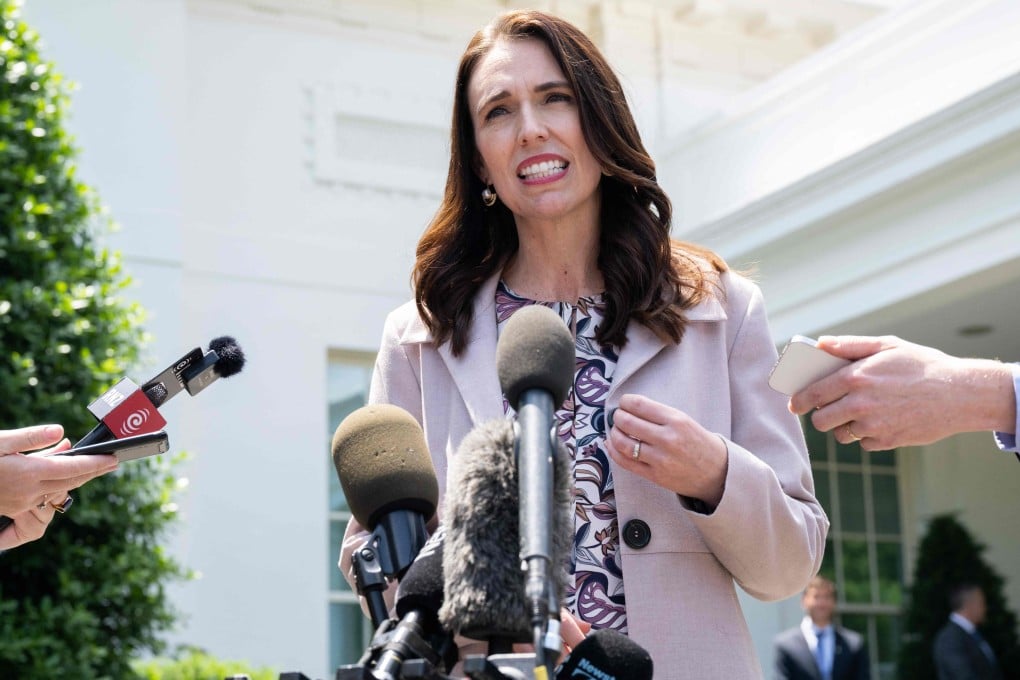Opinion | New Zealand has a great relationship with China. But for how much longer as US pressure grows?
- New Zealand’s independent and indigenous foreign policy means it has a mature relationship with China unique in the Anglosphere
- But as great power rivalry grows in the Indo-Pacific, New Zealand is under intensifying pressure to join the resistance against China

This is the 50th year of diplomatic relations between New Zealand and the People’s Republic of China. What began as a modest relationship has, particularly in the last decade, become one of New Zealand’s most important, especially as China is by far its largest trading partner.
But this anniversary comes as relations are shrouded in uncertainty and questions, particularly with the destabilisation of the Indo-Pacific amid the fracturing Sino-American relationship.
This has been amplified by the increasing influence of tikanga Māori (Māori customary practices and behaviours) on New Zealand’s foreign policy in recent years. In outlining the approach, Foreign Minister Nanaia Mahuta identified four key tikanga: manaaki – kindness or the reciprocity of goodwill; whanaunga – our connectedness or shared sense of humanity; mahi tahi and kotahitanga – collective benefits and shared aspiration; and, kaitiaki – protectors and stewards of our intergenerational well-being.

